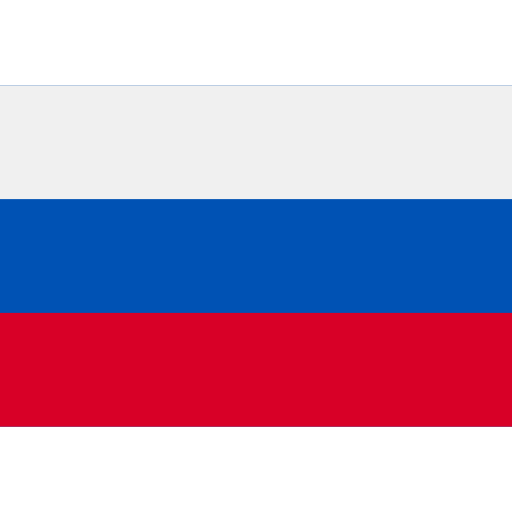Georgian government aims for demographic growth: plans to pay for reproductive services to childless couples

The Georgian government, in an effort to increase the birth rate in the country, has developed a plan to pay for reproductive services to childless couples. According to information received from the media platform bm.ge Starting in 2025, the government intends to fund reproductive services for those who have difficulty conceiving. It is important to note that the provision of such services will contribute to demographic growth, said the first deputy chairman of the Parliamentary Committee on Health Lado Kakhadze.
The planned plans have attracted support from both the government and the sector, and the issue of financing reproductive services will be discussed during the formation of the budget for 2025, Kakhadze said.
It should be noted that there is already a successful experience of providing such assistance in the autonomous Republic of Adjara, where the state provides support to families in need. The infertility treatment program began its work in Adjara in 2022. It may include couples who have certain medical indications, as well as socially vulnerable persons and families with disabilities.
According to the Association of Reproductive Medicine of Georgia, for many years it has been asking the government of the country to finance artificial insemination procedures for Georgian citizens, and Georgia is one of the few European countries that has not yet implemented this.
According to the association, approximately 100,000 couples in Georgia are faced with the problem of infertility. Artificial insemination procedures are expensive, and therefore government support for those who do not have financial resources is extremely important.
The cost of artificial insemination reaches $7-8 thousand, and in some cases several procedures may be required to achieve the desired result. At the same time, the effectiveness of the procedure does not exceed 40%, says the president of the association Archil Khomasuridze.
In other news, starting in January 2024, a unified national registry of reproductive activities will be introduced in Georgia. All information about reproductive technology services provided by various institutions should be provided in this registry. The creation of a registry will allow monitoring the use of cells, embryos and other biomaterials. Currently, 19 institutions in Georgia provide reproductive technology services.
Also, from January 2024, in vitro artificial insemination and surrogate mother services will be available only to citizens of Georgia. It is important to note that both the donor and the surrogate mother will participate in the procedure on a voluntary basis. The only exception is the cost of pregnancy and childbirth. The head of the Ministry of Health, Zurab Azarashvili, noted that such an approach to regulating reproductive activity had a negative impact on the country, creating a threat of child trafficking and illegal organ trafficking. He also expressed the opinion that this legislative decision can have a positive impact on the demography of Georgia. In addition, changes in legislation provide for a ban on advertising related to surrogacy and artificial insemination.
According to the latest data from the Ministry of Health, from January 2021 to June 2023, surrogate mothers in Georgia gave birth to 1.6 thousand children. During this period, 1,631 children were born due to surrogation, and 2,288 were born as a result of artificial insemination. Only from January to June 2023, 517 women became surrogate mothers, and the artificial insemination procedure was used 459 times.
So, the Georgian government has announced its plans to pay for reproductive services for childless couples, which should lead to demographic growth. The creation of a unified national register of reproductive activities will serve to control and effectively use resources. The ban on advertising surrogacy and artificial insemination is aimed at regulating this area. All these innovations are aimed at supporting families experiencing difficulties with conception and contribute to the demographic recovery of Georgia.





2 comments
Log in to leave a comment